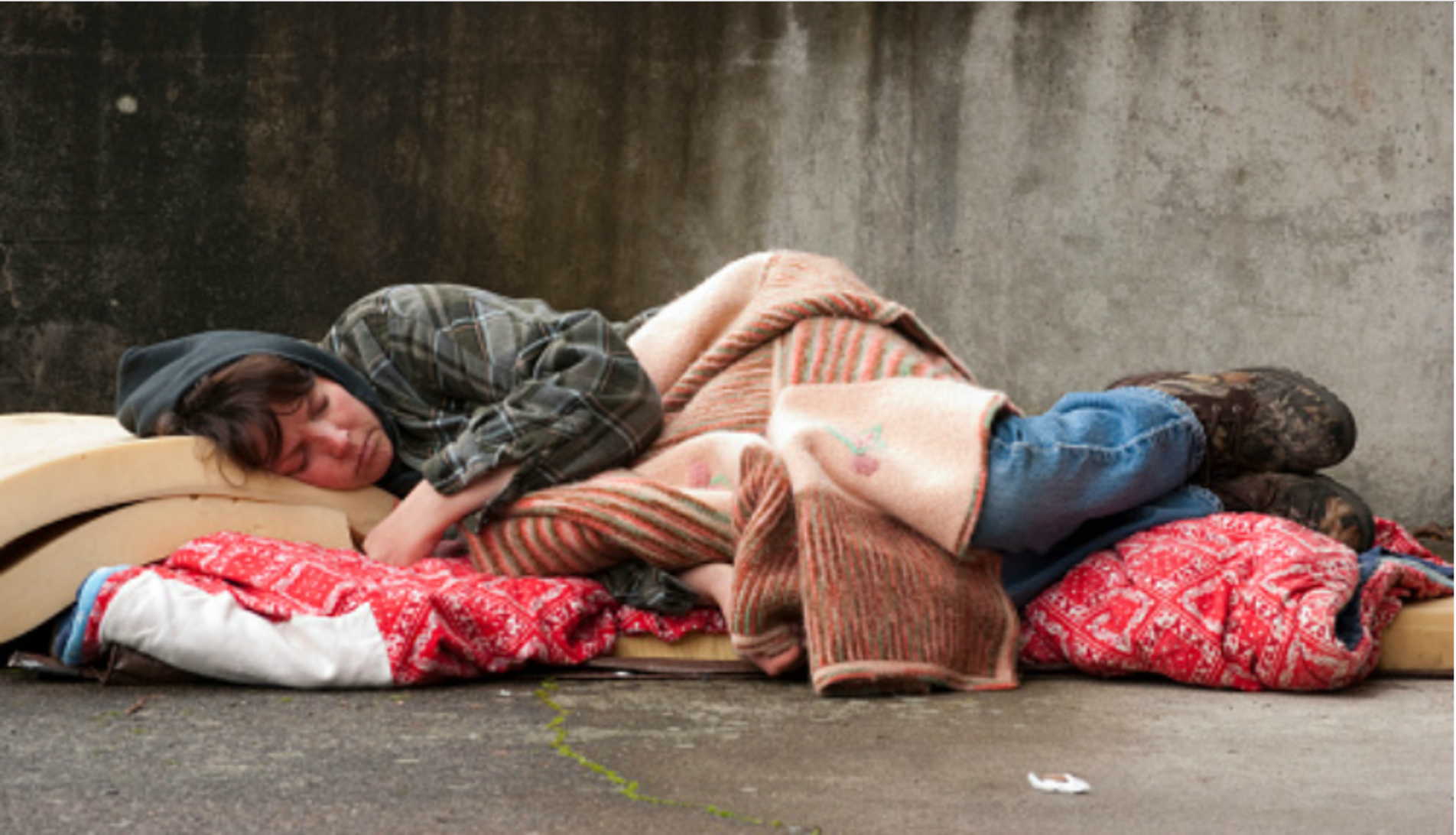News
Melbourne Set to Criminalize the Homeless: Exiting the System, Using Community as a Solution to Poverty

Just before the police chase which killed 3 people and injured about 25 in Melbourne, Australia (an unusual event in this area), the mayor and police of the city vowed to crack down on the homeless.
In Melbourne, authorities are poised to use force against people for sleeping in public.
Lord mayor Robert Doyle said he will argue for a ban on sleeping in CBD streets: this authority is willing to deprive the homeless of sleep, and possibly incarcerate them for having nowhere to go.
According to the Guardian:
“Earlier in the week Doyle said he would hate to be the sort of city to “bundle people up and ship them out” but he has performed a U-turn, telling the Herald Sun he will now argue for banning people from sleeping in CBD streets. The Victorian government is planning a meeting with police, the city council and homeless support bodies on Monday. It is the police who have argued for the bylaw.
‘I am happy to put this proposal before councillors at our first meeting, if it is Victoria police’s recommendation and they guarantee that they will enforce it,’ Doyle said.
‘Police already have powers to arrest for obstruction, for drug use, for threatening or aggressive behaviour, and for begging, and I would like to see them make full use of those powers as well.’
‘I welcome any move by police to bring an end to what has become a blight on our city, and the City of Melbourne continues to work with them to do that.’”
Melbourne police are insulting the homeless, dismissing them collectively as if they only want to exploit people for money.
Summarized by The Age:
“People sleeping rough in Melbourne’s CBD are pretending to be homeless so they can “shake down” tourists for money, according to Victoria’s police chief.
In a surprising reversal of Victoria Police’s previous softer stance on the issue, Chief Commissioner Graham Ashton described homeless encampments outside Flinders Street Station as “disgusting” and a “very ugly sight”, and said the people living there were trying to exploit extra visitors coming to Melbourne for the Australian Open.
He said undercover and uniformed police would begin targeting people begging in Melbourne from Thursday.”
While it’s certainly possible that some people are choosing to panhandle when they don’t need to, using force against people looking for a place to sleep is wrong.
When you have no place to sleep, you have no place to sleep. When you have no money to eat, sometimes you have no practical way to get food in your stomach but to ask for food or money.
Authorities claim no one should be homeless because there are shelters and institutions designed to help people, but if the requirements for these institutions cannot be met, people have nowhere to turn but the streets.
If a person finds themselves in that situation, they shouldn’t be treated as criminal. A person can’t patiently wait until an institution spoon-feeds them a sanctioned meal when they have nothing left.
Incarceration, fines, and other legal issues are the last thing a homeless person should have to deal with.
Using force against people isn’t a moral concern of those who support this move.
They consider their two seconds experiencing a bad odor walking by a homeless camp, worth more than the sleep and well being of those people.
The Herald Sun emphasized how disgusting these camps allegedly are, saying:
“After 48 hours of inaction and empty words, police and city authorities performed a dramatic about-face on Thursday, promising action to clean out the filthy camp, which continued to fester on Thursday.”
The root issue of poverty would never be brought up by coercive authorities or the mainstream media. The root issue is lack of opportunity.
Long lasting opportunities are not offered by large corporations, or large entities seeking to employ people.
“Jobs” tend to not be a long lasting solution to poverty: creating community based, decentralized economic activity outside of the system could create the culture we need to thrive.
What people really lack is direction: and the grocery store paradigm, the consolidation of “jobs” and economic activity in large entities has rendered our culture weak: our culture of self sufficiency, our sense of community and local economy.
Do we really want to keep working for other people and entities to provide for ourselves, or do we want to create our own businesses and economic structures where we mutually support each other?
What we need is a return to the community: if we all produced necessities and traded with each other, never relinquishing our money to a large grocery chain, we could work for ourselves and all support each other in community economies that function outside of the system.
This concept is known as counter-economics, or Agorism: creating community based economies of the people.
For more about this philosophy, see this video on the concept of “freedom cells.”
Image: Woman sleeping in Melbourne, Australia. Image credit: MojoNews
Typos, corrections and/or news tips? Email us at Contact@TheMindUnleashed.com
